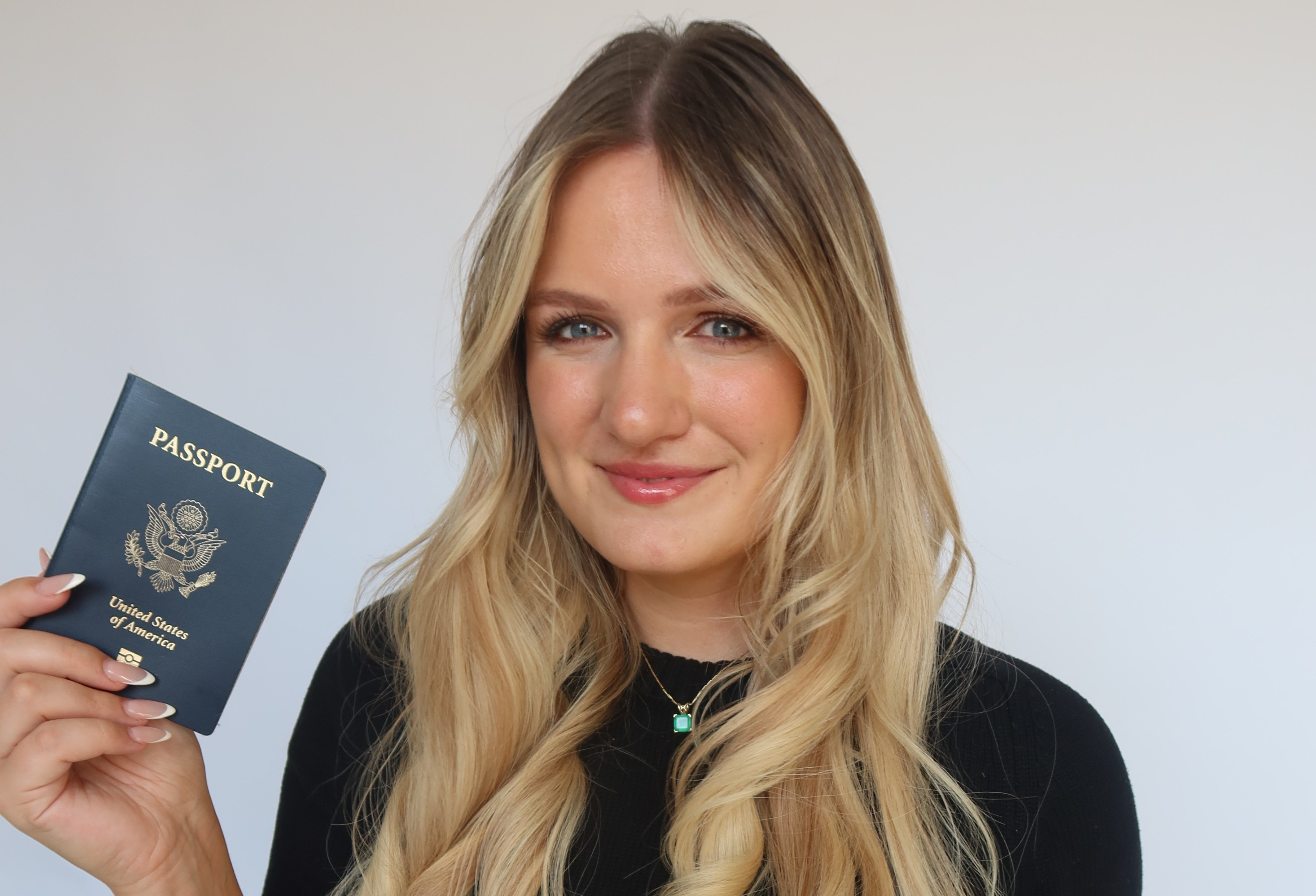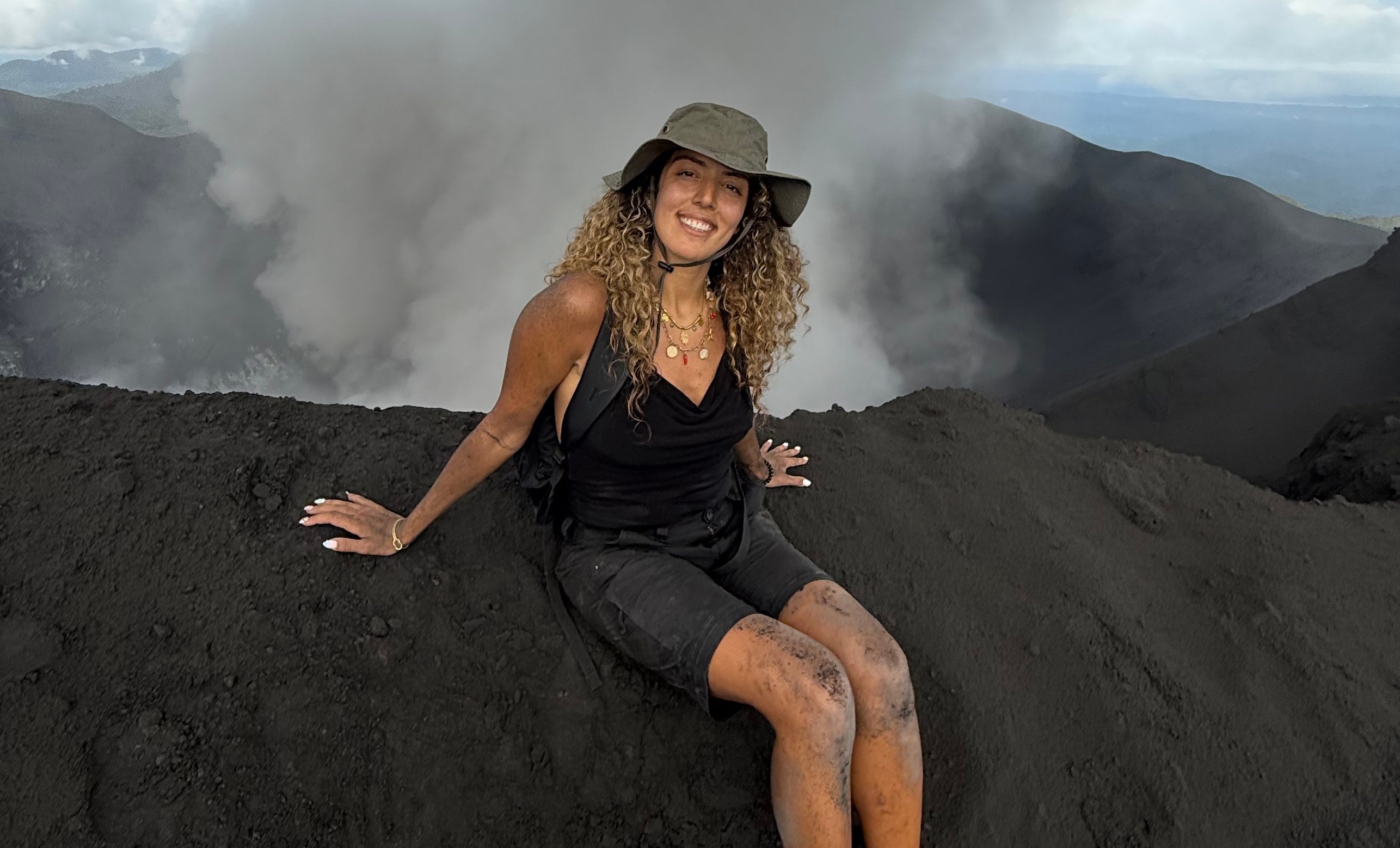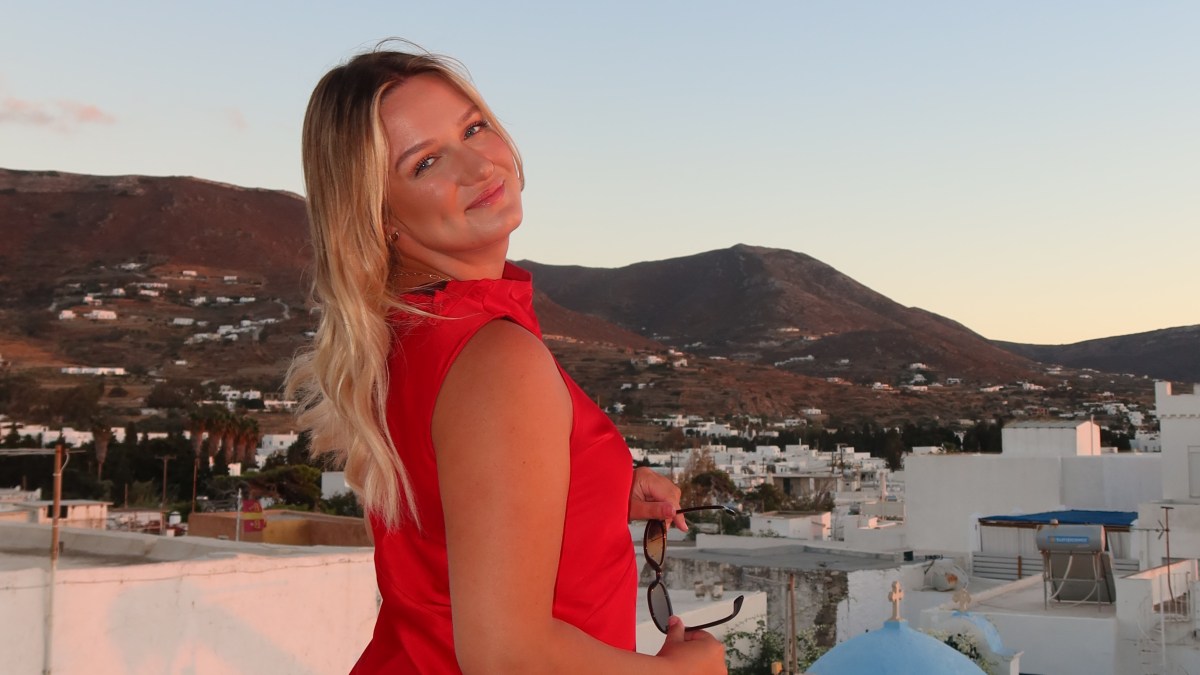There’s not much the good folks of Gen Z will do these days without running it past ChatGPT first. When it comes to holidays, however, it pays to get a second opinion.
When Madison Rolley, a US travel influencer, was planning a two-week trip around Europe, she used ChatGPT as an unconventional travel agent. She gave the generative AI language model her travel dates and a budget of about $1,000 and it spat out a detailed itinerary of the best spots to visit.
But when Rolley, 27, turned up for breakfast at a photogenic café in Split, Croatia, she discovered a group of bewildered cleaning staff. The café was, in fact, a restaurant that only served dinner and would not open until that evening. “It was kind of awkward,” she said.

Rolley’s wild goose chase, it seems, is only the tip of the travel iceberg, as the algorithm is said to “hallucinate” places and people that do not exist. A study by SEO Travel also found that more than half of AI-generated travel itineraries suggested visiting an attraction outside of its opening hours and nearly one in four recommend going to an attraction that is permanently closed.
In June, an elderly Malaysian couple travelled more than 180 miles to visit a scenic mountain cable car they had seen online only to discover upon arrival that the attraction had been invented by AI.
Chaimae Lebyed, a travel influencer from Morocco, fell foul of the model’s tendency to invent information when ChatGPT told her that she didn’t require a visa to enter Fiji. “Two days before my flight, I realised that I did need a visa. It was too late to apply, so I had to cancel the trip,” she said.
Lebyed, 26, was undeterred. “I still use ChatGPT to plan my trips because it’s great for ideas, routes, and organisation, but now I always make sure to confirm the critical parts through embassy websites,” she said.

The proportion of people in the UK who use AI to plan their trips has doubled in the past year, according to a report from Abta this week. Young people are more likely to take travel advice from ChatGPT — 18 per cent of 25 to 34-year-olds reported using it to plan their holiday — but they are not the only ones susceptible to an unforeseen change in their travel plans thanks to the model’s hallucinations.
A video of Mark Pollard, 47, attracted millions of views and countless sardonic comments on Instagram after the Australian content creator was denied entry to Chile thanks to a similar miscommunication with ChatGPT. “I was super busy, and it said that I didn’t need a visa and I didn’t check,” he said. “I had this weird feeling the night before when I was in Mexico and I looked it up and realised I needed to go to a consulate to apply for a visa. I had a little panic attack because I was going to Chile to give a talk that people had already paid for.”
• Would you let ChatGPT find your next home?
ChatGPT’s ability to convincingly invent nonexistent travel destinations was proved by Search Atlas, a digital marketing firm, which invented the fictional town of Snackachussetts, named after the US state of Massachusetts, and deployed it in content across news and social media websites. Within seven days, the fake city began appearing in generative AI searches, including Google’s Gemini AI overview, as a real place.
Fact-checking processes quickly cottoned on to the ruse and the AI models began indicating that Snackachussets was not a real travel destination. However, Manick Bhan, the CEO of Search Atlas, said: “What was interesting that we learnt is that initially, the first AI overview about ‘Snackachusetts’ spoke about it as if it were a real place.”
Anil Doshi, who researches generative AI at UCL, said that our tendency to follow ChatGPT to the ends of the earth without thinking is down to psychology. “If it proves to be successful and valuable in certain ways, you might slippery-slope into thinking it’s able to do these other kinds of tasks, and then you might translate that into other areas where it’s not able to execute yet.”
• ‘I saved £1,000 by using ChatGPT as an accountant’
However, Doshi said that the technology was improving rapidly. “We’re moving away from that notion of hallucination, where it’s just going to make up a flight. And we’re moving towards this model where it’s gonna be able to access real-time data and give you an actual flight and it will take you to a service where you can book it.”
Michael Reece, head of marketing at Berkeley Travel, said that while ChatGPT was a useful starting point for designing a travel itinerary, it could not offer the same bespoke service as a travel agent. “What we do relies on personal relationships and judgment; knowing the right hotel management to secure the best room or suite, the right maître d’ to obtain an otherwise unobtainable table. In our world, AI may streamline a few processes, but it doesn’t replace the value we provide.”
If a morning stroll down the Champs-Élysées followed by lunch beside the Colosseum sounds appealing, ChatGPT may be a good option to plan your trip. Otherwise, Doshi cautioned that its itineraries should be cross-checked before they’re followed. “You don’t want to be in Spain looking for a hotel on a street that’s not a street, right?”

